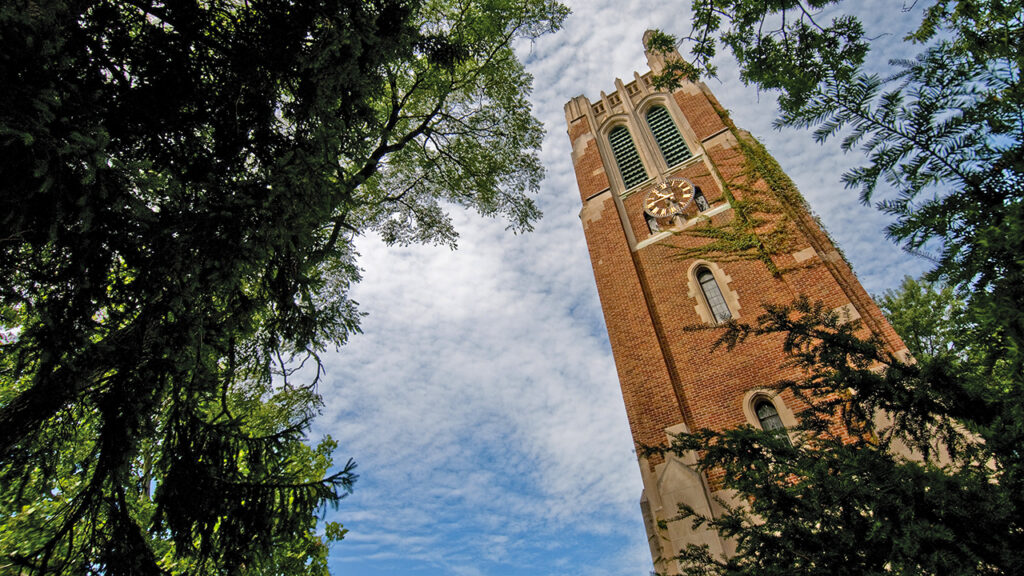
MSU Alum Sandra Seaton Reclaims History and Voice in World Premiere of ‘Sally: A Solo Play’

FacultyFacultyFaculty StoriesInternational ImpactLansing-East Lansing ImpactMichigan ImpactNewsPhilosophyU.S. Impact
Shaping the Future of Science: MSU Philosophy Professor Joins National and Global Science Committees

MSU Theatre Professor Survived a Forgotten War and Is Refusing to Let It Disappear

Research
Studying How COVID Pandemic is Affecting Language Change

News
MSU COVID-19 (Novel Coronavirus) Information

faculty
Examining the Power of Pop Culture to Shape Perception, Issues, and Trends

Student
College of Arts & Letters Graduation: An Online Celebration
5,000+
Students
Graduate, Majors, & Minors
29
Majors
85+
Study Abroad & Away Programs
Our Core Values
Equity
Openness
Community
"Our values-enacted approach is a key to building trust across the College so that each member of our community is able to do meaningful work that elevates our capacity to live up to the land-grant ideal of broad access to excellent education and research."

